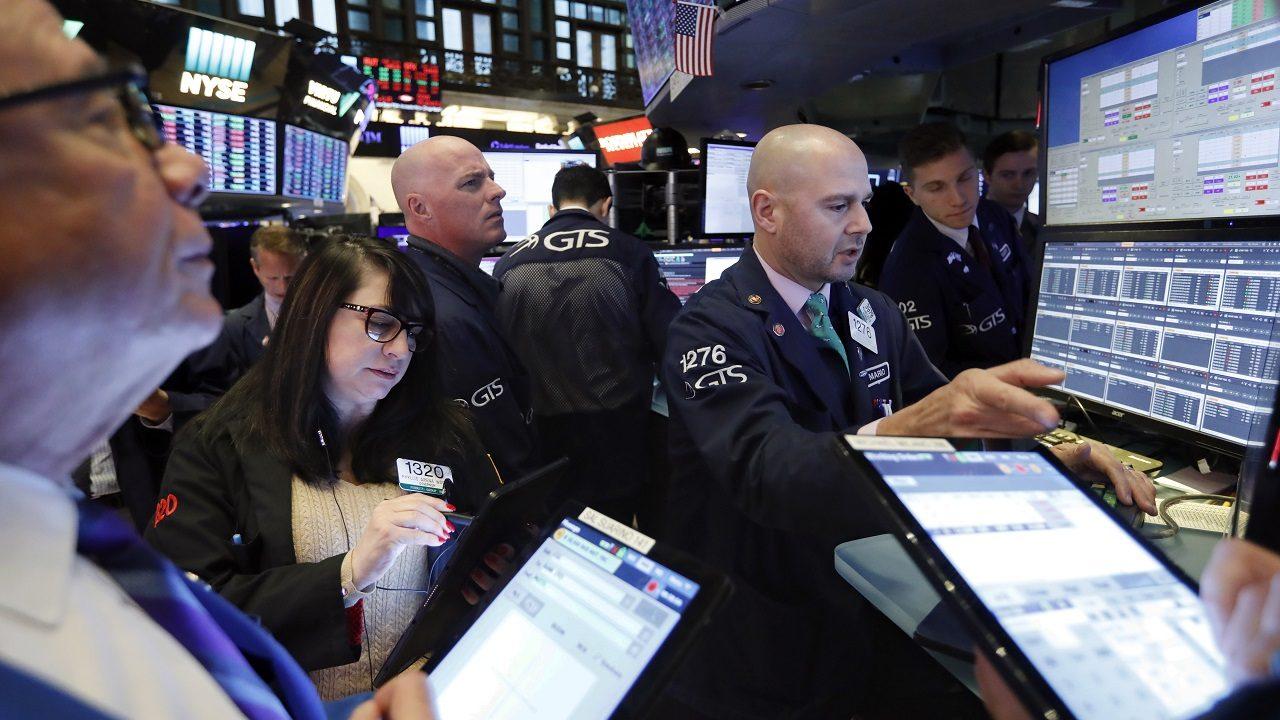Coronavirus stock market drop could affect your retirement plans
New research suggests a sharp decline in stocks affects some retirees’ savings more than others
Get all the latest news on coronavirus and more delivered daily to your inbox. Sign up here.
While many Americans are worried about how their retirement savings will hold up against coronavirus-related stock market volatility, new research suggests individuals who follow traditional retirement "rules" could be more at risk from the recent drop in equity values.
Americans are already having a hard time stashing cash away for retirement – and 38 percent are concerned recent volatility will wipe out all of their savings. Nearly 60 percent said they have lost money in the stock market as coronavirus fears have pushed equity values lower.
As it turns out, fear that near-term pain might have long-term repercussions on savings could be justified for some.
CORONAVIRUS STIMULUS CHECKS: WHO GETS MONEY AND WHEN?
Researchers at the Alliance for Lifetime Income found that stock market volatility can play a role in how long savings will last – specifically if there is a big market drop in the first decade post-retirement.
Researchers studied the effects of a significant 20 percent drop in equities on the portfolios of people with a 60:40 equity-to-fixed income ratio and a 4 percent withdrawal rate (the traditional retirement guidelines).
What they found was that it put this group of retirees at a greater risk of running out of income later in life:
• 11.0 percent probability of running out of income during the first 19 years (average life expectancy for a male aged 65);
• 20.0 percent probability of running out of income over the first 22 years (average life expectancy for a female aged 65);
• 34.6 percent probability of running out of income within the first 27 years (combined average life expectancy for one member of a male/female couple both age 65)
The probabilities that the first two groups of individuals would run out of income if there were no random 20 percent drop in equities during their first 10 years of retirement were 3.3 percent and 7.1 percent, respectively, which indicates the traditional savings method may no longer be suitable in general.
The Dow Jones Industrial Average is down more than 21 percent so far this year, while the S&P 500 is down more than 18 percent.
To stretch savings out, researchers say that retirees may want to consider a withdrawal rate that is less than 4 percent, investing in annuities, working past the traditional retirement age of 65 or ramping up their savings goals.
NEED CORONAVIRUS CASH RELIEF NOW? HOW YOUR 401(K) CAN HELP
Many experts have told FOX Business that Americans should have a tailored plan in place, which allows them to absorb losses that result from downturns without making many adjustments or worrying.
As previously reported by FOX Business, the current situation might give some investors a chance to rebalance their portfolio – which tends to involve selling what has done well and buying more of what hasn’t.
CLICK HERE TO READ MORE ON FOX BUSINESS
For older Americans closer to retirement, the stock market tumble points to the exact reason why they should have a diversified portfolio.
“Having the first several years of withdrawals bucketed separately in cash and conservative bonds allows you to ride out a bear market,” Greg McBride, chief financial analyst at Bankrate.com, told FOX Business.
Your financial plan should be tailored to your specific financial situation, goals and lifestyle expectations in retirement.
GET FOX BUSINESS ON THE GO BY CLICKING HERE




















